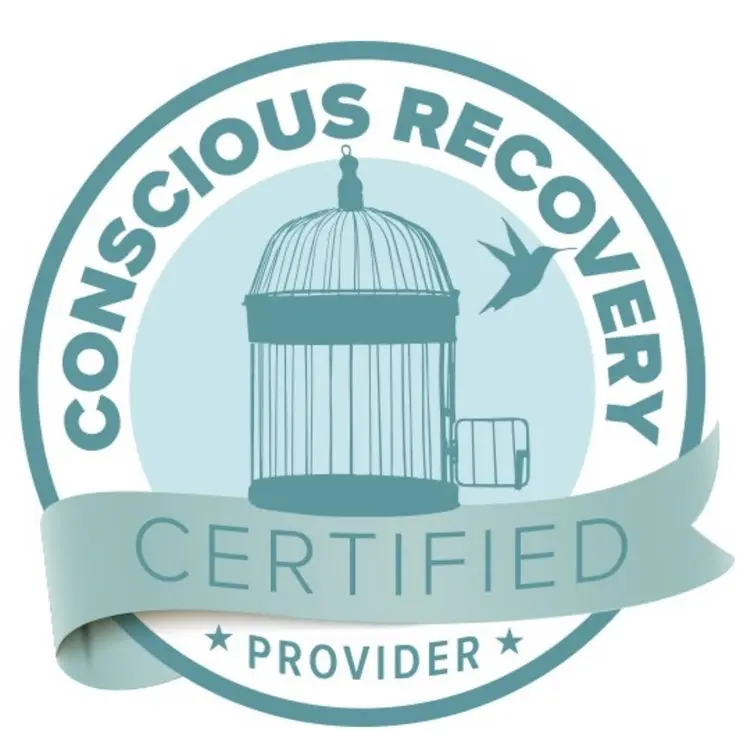Monima is an outpatient bipolar disorder treatment center designed specifically for women seeking mental health support in San Diego. We recognize that no two clients are the same, and bipolar disorder looks different for everyone. That’s why our team provides inclusive and individualized care based on the needs, diagnoses, and goals of each client — regardless of where they are at in their wellness journey.
Navigating bipolar disorder is challenging — and is especially difficult if you are facing them alone. Our mission is to provide care, support, and guidance every step of the way. We offer a variety of treatment modalities to address the needs, diagnoses, and wellness goals of each individual.
We foster a safe and inclusive environment where women feel empowered and supported during recovery. Monima offers the unique opportunity for clients to build lasting bonds and a sense of community while in treatment.

The main treatments for bipolar disorder typically include a combination of the following approaches depending on the individual’s needs, severity of symptoms, and response to treatment. Treatment is most effective when guided by a mental health professional who specializes in diagnosing and treating bipolar disorder. Treatment goals include: mood stabilization, relapse prevention, and improvement of overall quality of life. The most common and effective treatment options include, but are not limited to:
According to The Americans with Disabilities Act (ADA), bipolar disorder is classified as a disability. However, the Social Security Administration (SSA) only considers some cases of bipolar disorder as a disability. The SSA considers bipolar disorder a disability when they meet the following criteria:
Find out if Monima is the right treatment center for you or your loved one. Please note: we are an insurance-friendly organization.

